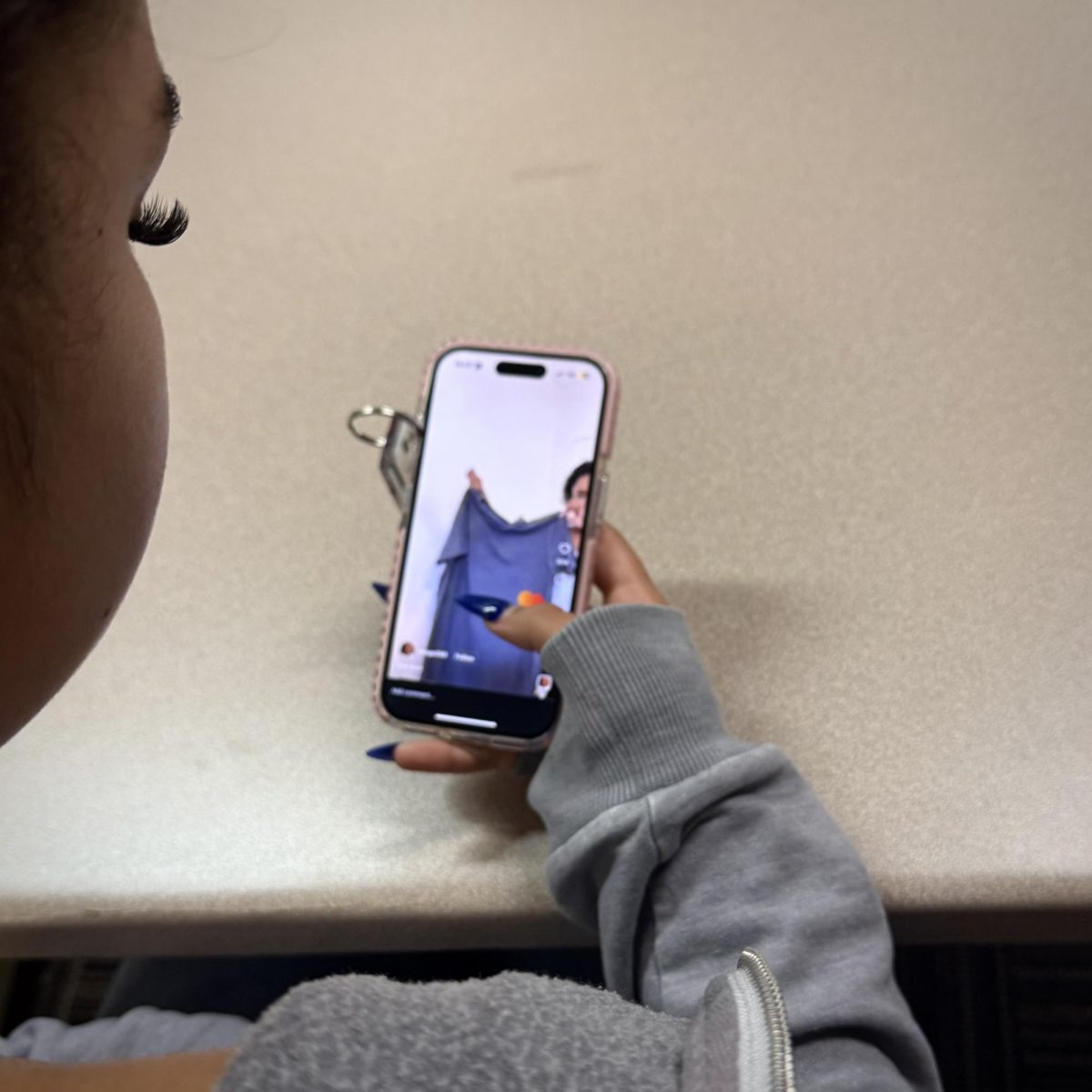
The first Tuesday of March is historically known as one of the most important dates on a candidate’s road to the presidency. Eleven states, including many delegate rich states like Texas, Georgia and Massachusetts took to the polls. However, Super Tuesday is about much more than just delegates, it gives candidates of both parties chances to prove themselves on a national scale. In a race with so many unconventional candidates, this year was more important than ever.
GOP: To the chagrin of much of the Republican Party, Donald Trump continued to extend his lead over his competitors. He won all but four of the 11 states that took to the polls with wins ranging from 30 points to three points. Trump’s results exceeded polling predictions narrowly, further proving the seriousness of his campaign. However, Trump’s success has been met with serious resistance from other members of his party, and not just those seeking the nomination. Much of the party establishment, including former presidential nominee Mitt Romney, have come out strongly against Trump. In a direct call to the party, Romney called on conservatives to reject the billionaire’s “phony” campaign.
This outright condemnation is echoed by many of the college educated and wealthy Republicans. Ted Cruz rode this wave of discontent to a solid second place standing behind Trump. While Cruz only won three states, they were relatively large. Texas alone holds 155 delegates and Cruz handily beat out both Trump and Rubio. Overall, Cruz won 209 delegates on Tuesday, just 26 short of Trump’s 237. This places him less than 100 delegates behind Trump on a race to 1,237, nowhere near an insurmountable loss.
The rest of the GOP continues to tail the front runners by large margins. Marco Rubio won his first and only state in Minnesota, eking out a less than ten point victory over Cruz. Kasich came just three points shy of beating Trump in Vermont, but the “happy warrior” fell short across most of the south, reaching double digits in just one other state. The two candidates are well behind with Rubio at 110 delegates and Kasich at just 25. Dr. Ben Carson did so poorly Tuesday, that on the following day he announced the suspension of his campaign.
DEMS: While Republicans across the country were voting against the establishment, Democrats seemed to begin unifying behind it. Former Secretary of State Hillary Clinton expanded her lead over Sen. Bernie Sanders by 164 delegates. Clinton’s strong support with minority and wealthy voters propelled her to huge leads in states like Georgia, Alabama, and Texas where she posted wins of 43, 59 and 32 points respectively.
While it was a very good day for Clinton, Sander’s results may not be as bad as they initially appear. While he took large losses in many states, Sanders won 4 states of his own and took close losses in others. States like Colorado and Minnesota, with small minority voting populations, felt the Bern significantly more than their southern counterparts, and with a near tie in delegate-rich Massachusetts, Sanders made it clear he wasn’t out of the race just yet.
With more than half the race to go, it is still too early to declare a definite winner amongst the democrats. Clinton’s lead continues to grow but she is less than 200 delegates above Sanders before factoring in Superdelegates. Are Sen. Sander’s chances of reaching the nomination good? Frankly, no. But with a pending federal investigation over Sec. Clinton’s emails, and obvious discontent on all sides of party lines, Sanders still has a chance to rise above the chaos of this election cycle.

